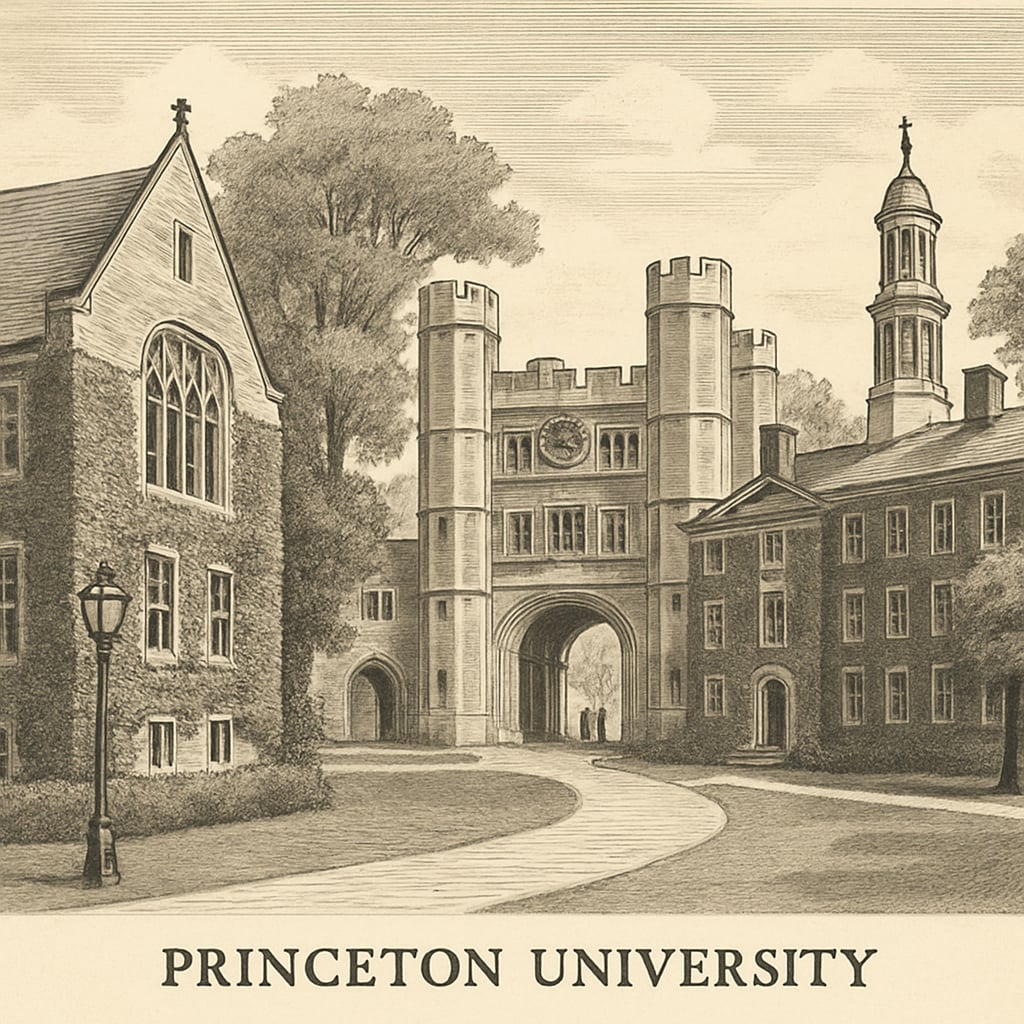The widespread admiration of Ivy League schools, especially Princeton University, has created an unbalanced focus in K12 education systems. While these institutions are widely considered pinnacles of academic excellence, the obsession with their prestige has led to unintended consequences for students, educators, and parents alike. This article delves into the phenomenon of “elite school worship,” questions the actual value of such institutions, and advocates for a return to meaningful and well-rounded educational practices.
The Ivy League Mystique: Are We Overvaluing Elite Schools?
For decades, Ivy League schools such as Princeton have been synonymous with success, privilege, and unparalleled academic achievement. This reputation creates immense pressure on students during their formative K12 years. Parents and schools often prioritize test scores, extracurricular achievements, and college applications above fostering creativity, emotional intelligence, and critical thinking skills. But is this relentless pursuit of admission to elite institutions justified?
- Limited accessibility: Ivy League schools have extremely low acceptance rates, making them unattainable for most students regardless of merit.
- Questionable ROI: Studies have shown that long-term career success is less dependent on attending elite schools and more tied to individual effort and networks.
- Pressure on mental health: The constant stress to meet unrealistic standards often leads to burnout and mental health issues in K12 students.

Princeton and the Problem of Prestige
Princeton University often stands at the forefront of discussions about Ivy League superiority. Its exceptional faculty, cutting-edge research opportunities, and historic campus contribute to its allure. However, this “halo effect” can sometimes overshadow practical concerns. For instance, many graduates face challenges entering industries that prioritize skills over academic pedigree. Additionally, the financial investment required to attend such institutions raises questions about the return on investment for families.
Moreover, prioritizing Princeton-level aspirations during K12 education can lead to an unhealthy focus on achievements rather than learning. This focus can marginalize students who excel in areas not traditionally valued by elite schools, such as vocational skills or artistic talents.

Rethinking Education: A Call to Action
To better serve students in K12 education, it’s crucial to emphasize balanced learning and holistic development over the race for Ivy League admission. Here are a few actionable steps educators and parents can take:
- Promote intrinsic motivation: Encourage students to pursue passions and interests rather than focusing solely on resume-building activities.
- Expand definitions of success: Celebrate achievements in diverse fields, including arts, trades, and community service.
- Prioritize mental health: Create supportive environments that reduce stress and provide resources for emotional well-being.
In addition, systemic changes are needed to reduce the societal overemphasis on elite institutions. Governments and educational organizations can invest more in local schools and public universities to ensure high-quality education is accessible to all, regardless of background.
Learn more about the Ivy League on Wikipedia and its historical influence on education systems. For a deeper exploration, visit Ivy League on Britannica.
Conclusion: Moving Beyond the Ivy League Obsession
While Princeton and other Ivy League schools undoubtedly offer exceptional opportunities to their students, the societal obsession with these institutions has skewed priorities in K12 education. By focusing less on prestige and more on meaningful learning, we can create an educational system that truly serves the needs of all students. Let’s shift the conversation from “Where did you go to school?” to “What did you learn, and how did you grow?”
Readability guidance: Short paragraphs, clear structure, and actionable recommendations ensure accessibility for a broad audience. Overuse of passive voice and overly long sentences has been avoided to enhance clarity and engagement.


